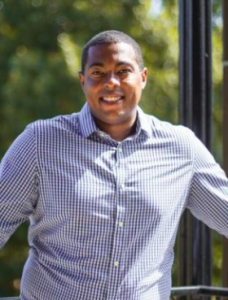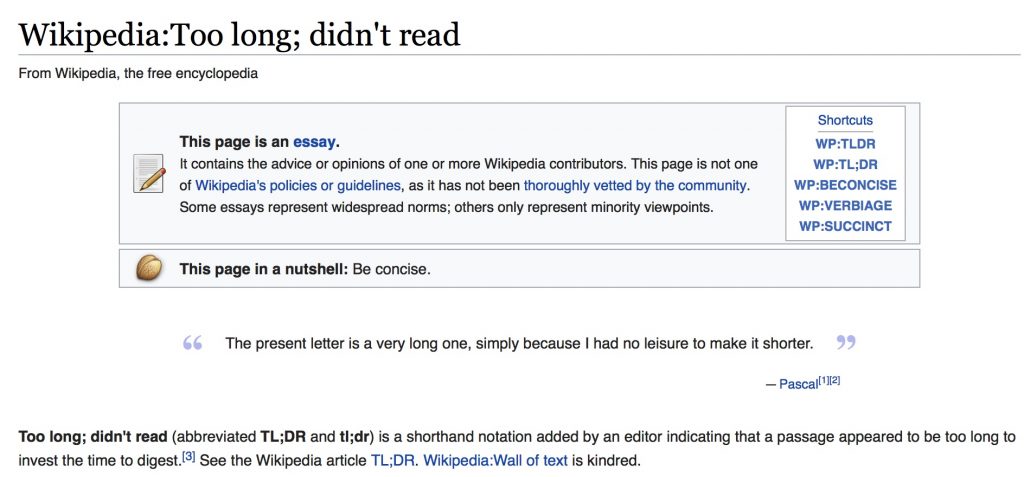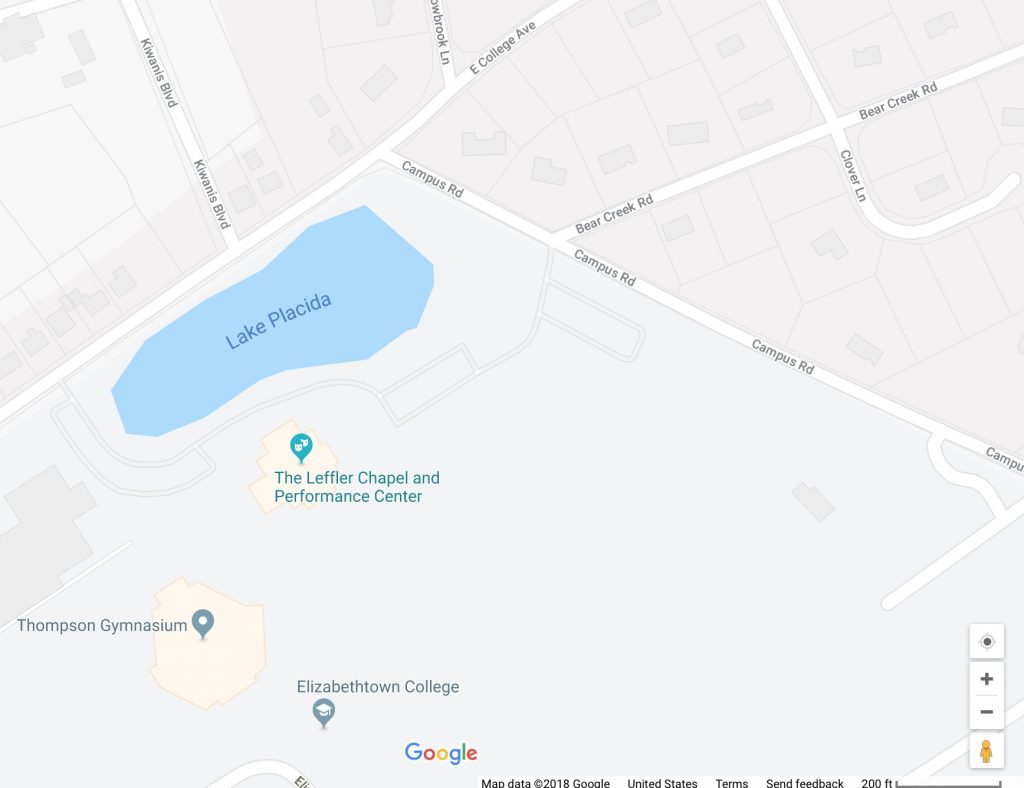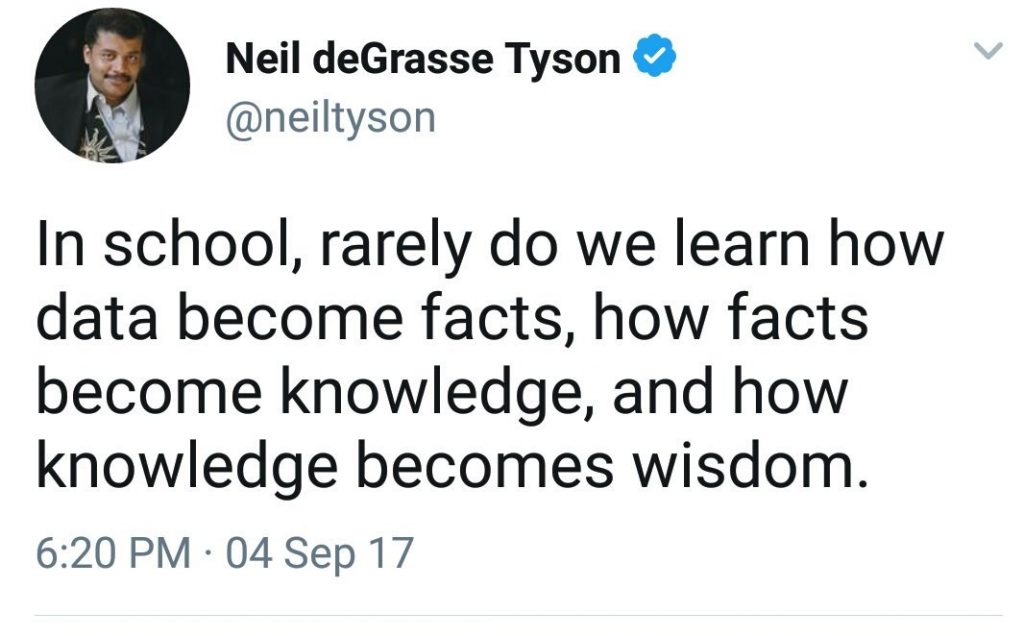
I was running the other day and this bumper sticker stopped me in my tracks. What do you think this means? How (or better yet, for whom) does this work?


A Peer Reviewed Blog

I was running the other day and this bumper sticker stopped me in my tracks. What do you think this means? How (or better yet, for whom) does this work?

“On the Spot” backs members of Culture on the Edge into a corner to talk about their backgrounds, their ongoing work, and what might be gained by an alternative understanding of how identity works.
 1. When people ask what you study, what do you tell them?
1. When people ask what you study, what do you tell them?
This is a fun question for me as a scholar and an advisor. Usually I tell people that I study “the anthropology of scriptures.” And as I tell students of religion preparing for job interviews, the response to the original question isn’t designed to satisfy so much as it is to peak the asker’s curiosity. I like to turn a point of information into a point of interest by pairing something presumably familiar (e.g. scriptures) with something presumably strange (e.g. anthropology). And in so doing, I hope to have provided an answer that is interesting enough that I’m granted the chance to elaborate.
If I’m successful at this, then I get to say how I’m interested in how and why some of the cultural texts people read also appear to read them back. We know people and social interests are at work in creating these media, yet we are also aware of instances where people relate to texts in and of themselves. What’s up with that? Quite a lot actually…. Continue reading “On the Spot with Richard Newton”
During last year’s Gilmore Girls: A Year in the Life revival on Netflix, I kept hearing viewers basking in acknowledgment of a reference lost on me. In the scene, a wealthy and recently-widowed WASP declutters her mansion while wearing uncharacteristically casual clothes. The woman is in crisis and ready to make a change. She marshals some hired help to move large objects in her mansion while she scrutinizes the smaller items.
At one point she says, “If it brings you joy, you keep it. If it doesn’t, out it goes.”

Now I finally get it… Continue reading “Tidying Up Books and other Cultural Essentialisms”
Recently on Twitter, I was reflecting about the everyday encounters where the study of religion (and really “religion” as identity formation) becomes a topic of conversation.
In case it’s TL;DR, the long and short is that I’m convinced that there’s plenty of opportunity for scholars to contribute to public discourse if we hold vigilant in our commitment to observation and intelligibility. To me, the minute that we insist upon our expertise at the expense of our willingness to explain our point is when we’ve shifted a potential exchange with someone into an effort to change the other.

And while I prefer to see change as a social fact rather than an intrinsically bad thing, there is something disturbing about clearly veiled efforts at affecting change. They are all well and good when they go unnoticed, like the way I hand my kids a sealed salt shaker when they want to add more seasoning to their food. But when we know how this works, we label these acts differently–manipulation, lying, bait-and-switch, etc.
It’s the trick-or-treat conundrum. Continue reading “Trick or Treat Doctors of Philosophy”

Earlier this month Aubrey “Drake” Graham revealed that the knotting of his purse strings to his heartstrings are all a part of “God’s Plan,” the title of his latest music video.
The billboard hit features him giving out the video’s $999,631.90 production budget to the people of Miami. Gifts ranged from surprise shopping sprees to impromptu educational grants to unexpected spa treatments. The emotional reception shown in the video matched the public’s initial positive reactions.
However, the Canadian rapper’s philanthropy—like the Bible—has since been subject to varied interpretations. You’re likely familiar with the more skeptical takes. Continue reading “A Man, A Tan, “God’s Plan””
During the Super Bowl, RAM Trucks debuted a controversial truck commercial splicing images of Americana with a sermon excerpt from slain Civil Rights leader, Dr. Martin Luther King, Jr.
After outrage gave way to discourse, cultural critics were quick to point to the irony of Dodge’s signification. In the originating sermon, “The Drum Major’s Instinct,” King critiques self-interested pursuits that hinder people’s ability to see the value in others. He literally calls out Americans who ride in expensive “Chrysler” vehicles for the ego trip. NB: FiatChrysler Automobiles is the parent company of RAM.
To make the point, the left-leaning magazine Current Affairs re-edited the commercial with an audio excerpt from the same sermon that they believe to be more indicative of King’s message. Continue reading “On Kings and Trump Cards”

The northern end of Elizabethtown College sits at the meeting of East College Ave and Campus Rd. The vertex is more of a bend than an actual edge, justifying the placement of a conditional stop sign. Drivers can do the otherwise illegal so long as they are rounding the curve, but those moving away from the school must heed the sign conventionally.
Maybe you have similar intersections where you live, but signs like these appear to be rare in Lancaster County, Pennsylvania. If anything, we make a habit of yielding the right of way to pedestrians, other automobiles, and yes, Amish buggies. Thus the rare conditional stop sign becomes a license to throw caution to the wind. Continue reading “I Saw the Sign, or Did I?”

Astrophysicist Neil deGrasse Tyson has once again irked humanities scholars. In 2014, he had declared philosophy a “useless” enterprise (a stance his colleague Bill Nye once held and has since revised). This time Tyson drew backlash for what he didn’t say.
The public intellectual tweeted about the lack of educational enterprises helping students discern the construction of “facts” and “data” in an age of “fake news.” Tyson has long been an advocate of meta-cognitive pedagogy. But the tweet’s concise pronouncement suggested that no one is doing that work. Continue reading “Figuratively the Humanities”